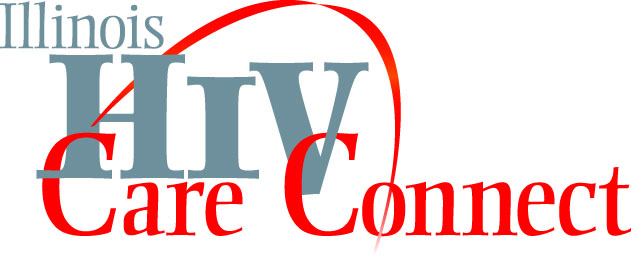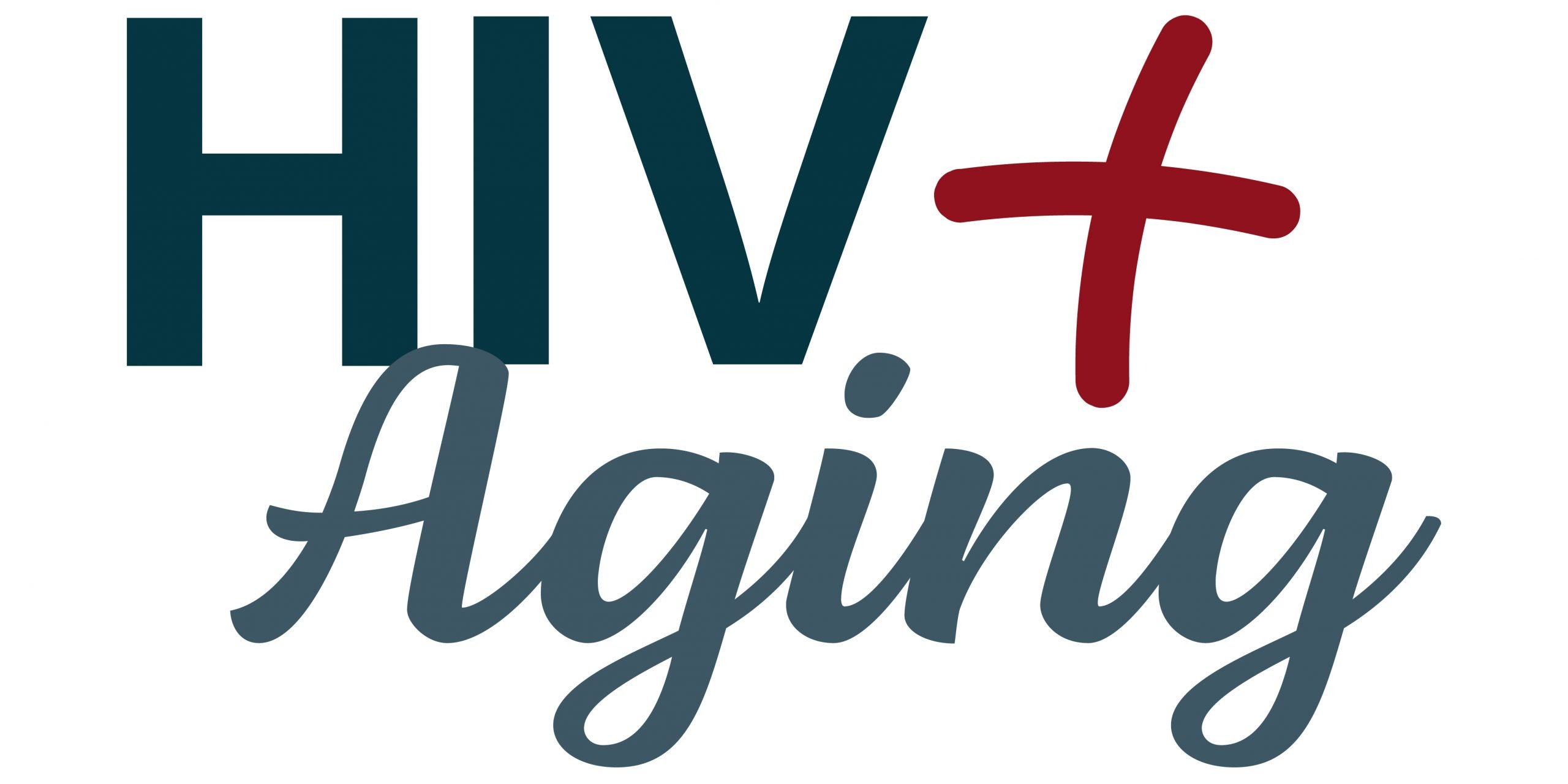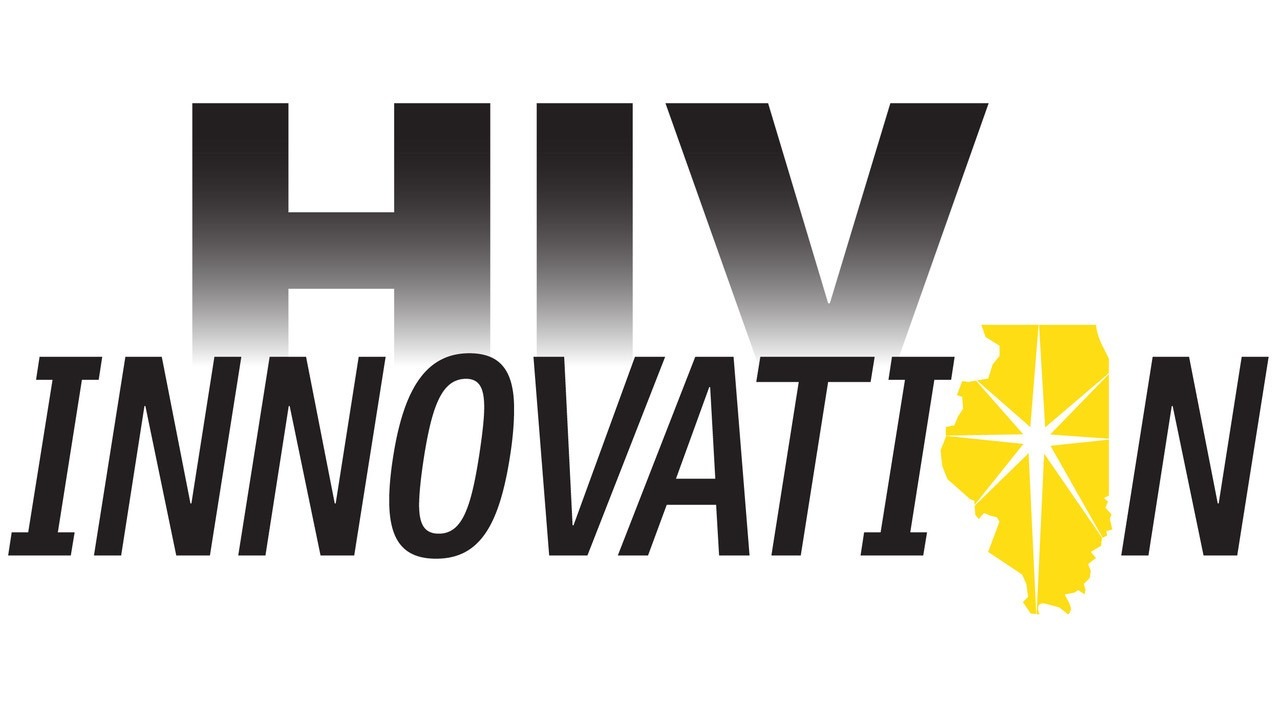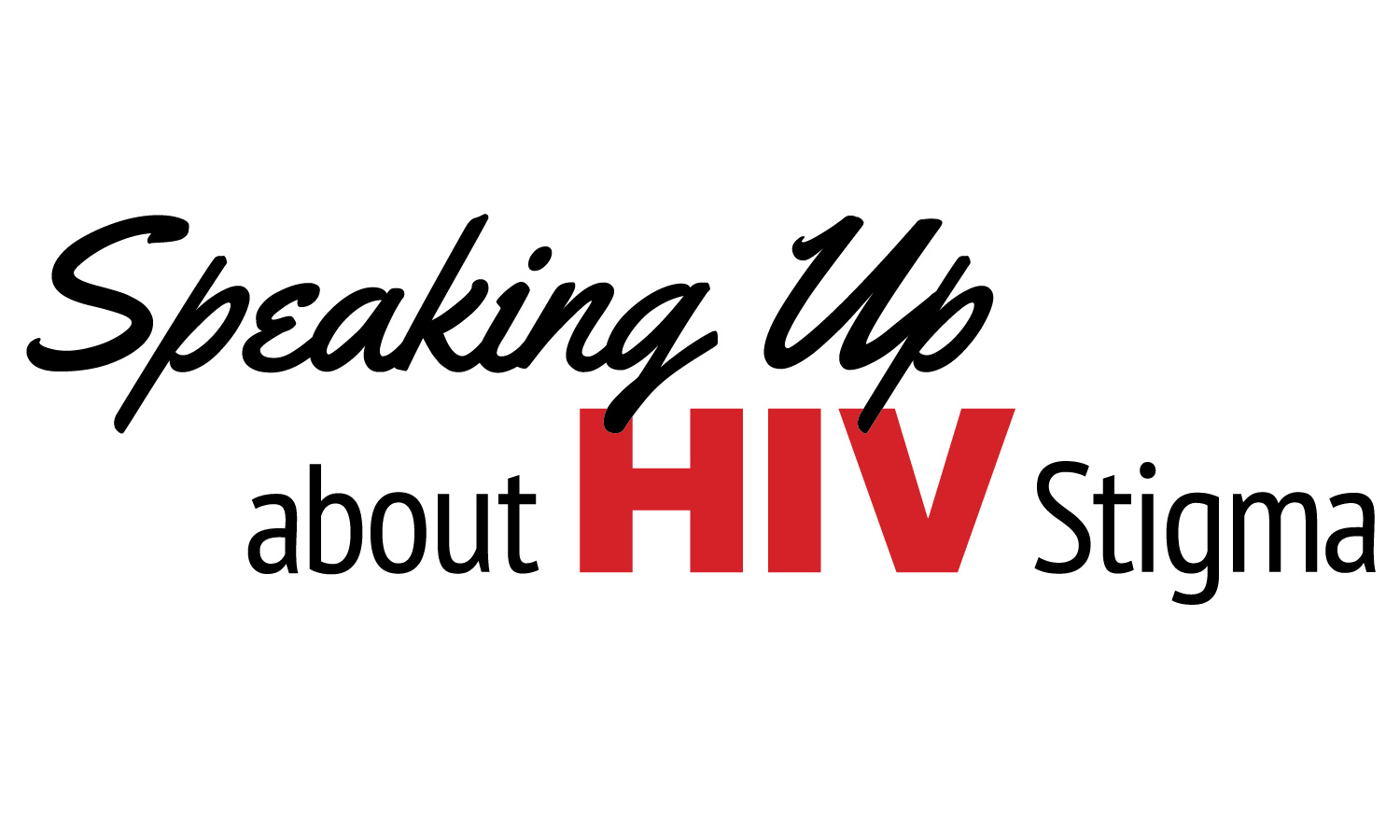A Meaningful Career and Connections Improves Aging with HIV
Gregory Yeast shares his insights on living with HIV after age 50
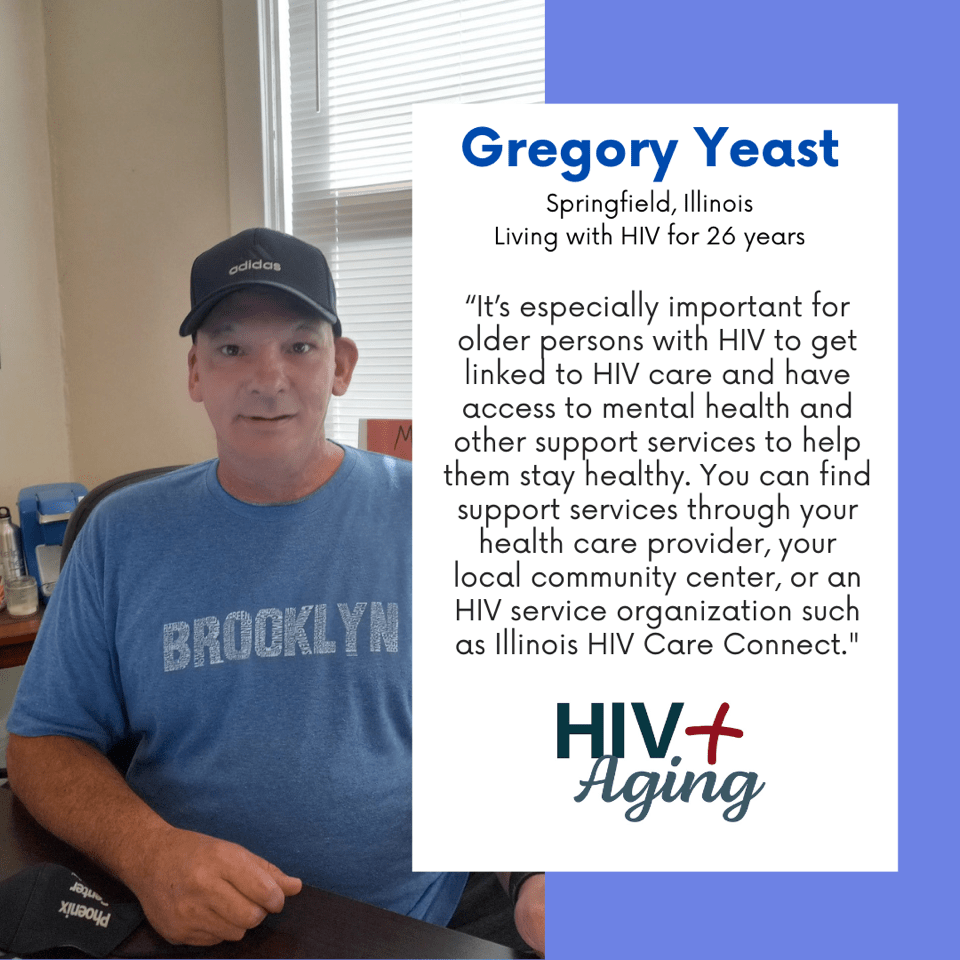
“I have lived with HIV for 26 years, almost three decades of taking prescribed medications and connecting with my peers who also live with this disease.
“Those two steps – medication and peer support – saved me. Like many of my friends with HIV, I faced ongoing depression as I began this journey. I tell newly diagnosed individuals with HIV to avoid negative thoughts and suggest they find connections with people and programs that will help them.
“As an outreach assistant at Phoenix Center, an organization focused on support of Central Illinois’ LGBT Community in Springfield, I help people with transitional housing. This job has played a vital role in my survival because I like what I do, and at the same time, I help many people including some who have faced the same life issues as me.
“While I have lost friends to HIV, I have a lot of support, including a group of people with HIV who meet monthly in Springfield, my hometown. We get together to talk, go bowling, and enjoy each other’s company.
“Now, with three years of viral suppression of the disease, I have never felt better in my life. I know my HIV is undetectable and untransmittable, and for me, that’s mind-settling. I feel like, in a way, I have almost conquered HIV. And that milestone of acceptance of my life with HIV is what I plan to celebrate on my birthday in September.
“It’s especially important for older persons with HIV to get linked to HIV care and have access to mental health and other support services to help them stay healthy. You can find support services through your health care provider, your local community center, or an HIV service organization such as Illinois HIV Care Connect.”
‘My Secret to Healthy Living is Taking My Medication’
Bonnie McCoy stays undetectable while living with HIV after age 50
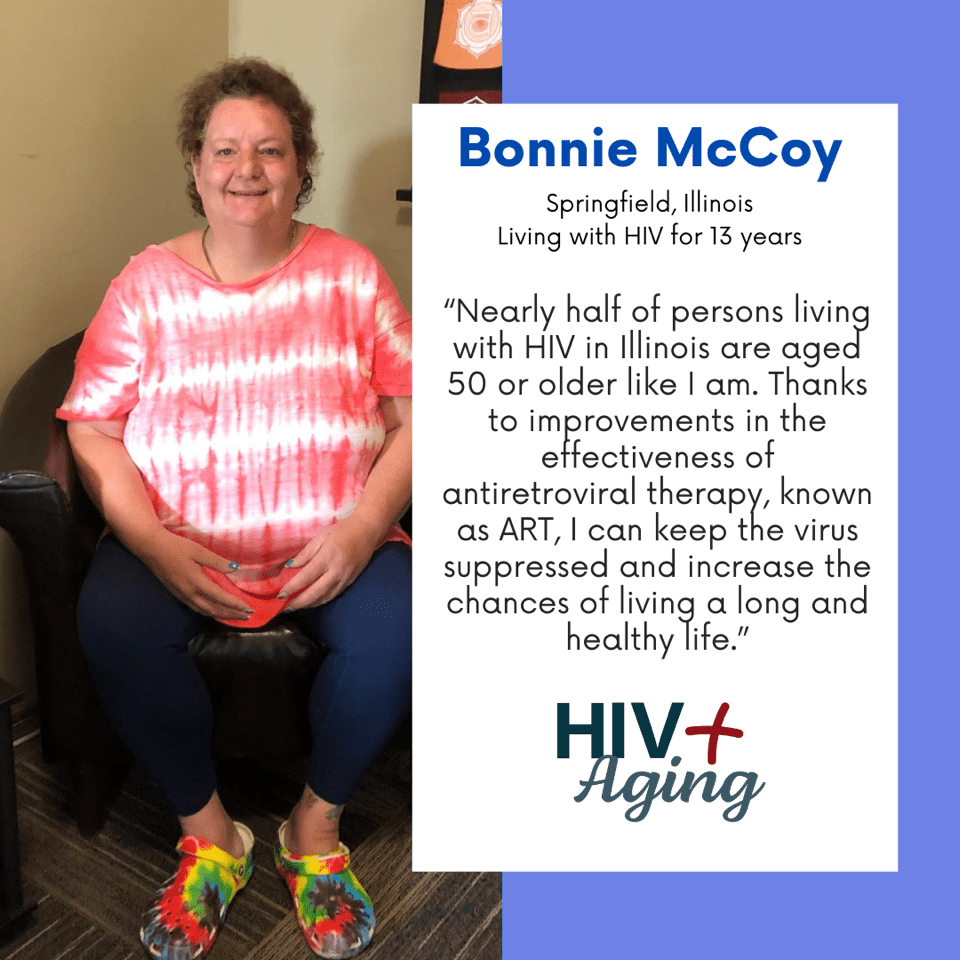 “I always tell people newly diagnosed with HIV to stay hopeful. This diagnosis is not the end of your life. I can say that now, although when I was first diagnosed 13 years ago, I had a hard time. I was a wreck because no one helped me.
“I always tell people newly diagnosed with HIV to stay hopeful. This diagnosis is not the end of your life. I can say that now, although when I was first diagnosed 13 years ago, I had a hard time. I was a wreck because no one helped me.
“Yet, I educated myself with online information searches, by reading articles, and by asking for information from public health people who knew about living with HIV. And I eventually moved from Florida back to Illinois to be closer to family.
“Now, my connections with friends and family help me stay healthy. Cooking is something I enjoy, and I may cook dinner for a friend, but not lasagna. That’s one dish I can’t make myself, but I will order it when I go out to eat. I connect with people on video calls and visit my mom when I can.
“My weekly conversations with my counselor at the Phoenix Center in Springfield also are important because we look at my life during those last seven days. We also read and discuss different books on living well and, sometimes, on anxiety or depression.
“As I age and live with HIV, my secret to healthy living is taking my medication. I don’t want to miss a dose so that I stay undetectable with HIV and avoid getting AIDS.
“Nearly half of persons living with HIV in Illinois are aged 50 or older like I am. Thanks to improvements in the effectiveness of antiretroviral therapy, known as ART, I can keep the virus suppressed and increased my chances of living a long and healthy life.”
Quality Care Makes Living with HIV Easier
Carmen Earsery visits the doctor, takes her medicine, and lives with HIV after 50
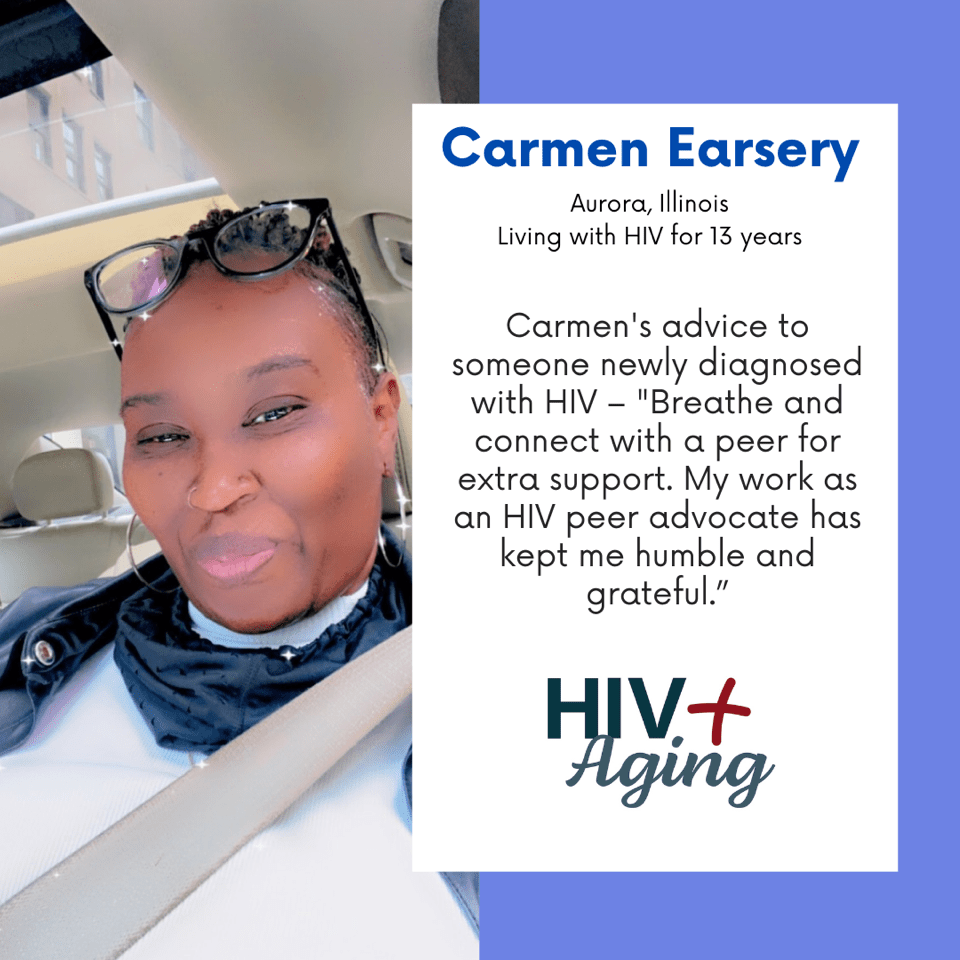
“My work as an HIV peer advocate has kept me humble and grateful during my 13 years of living and aging with HIV.
“I act as a voice for those living with this disease and advocate for them in my job at TPAN and as a volunteer at churches in my local community. I educate people about HIV and AIDS and explain the benefits of pre-exposure prophylaxis, or PrEP, a medication that can protect someone without HIV from contracting the virus.
“I live a healthy life through prayer, supportive relationships, and taking my medication. As a Black woman aging with HIV, my unknown is finding a doctor who can meet my needs and new health challenges, that is, menopause.
“I tell anyone newly diagnosed with HIV to breathe and connect with a peer for extra support. In my own life, it helps me to follow the advice I give to others – go to the doctor and take your medication to remain undetectable with HIV.
“Those two simple tasks relieve my stress and make it easier to age with HIV.”
National HIV/AIDS and Aging Awareness Day (NHAAD) is observed each year on September 18. Founded by the AIDS Institute, NHAAD brings attention to issues related to HIV among older Americans, including new infections among older adults and adults over 50 aging with HIV.
Read more.
